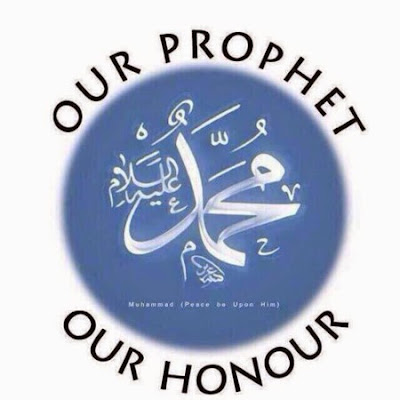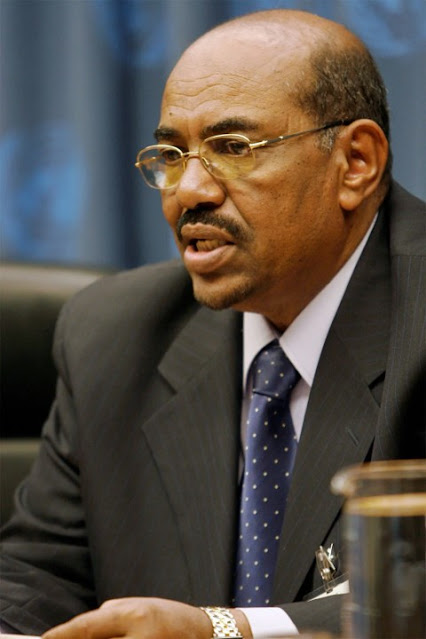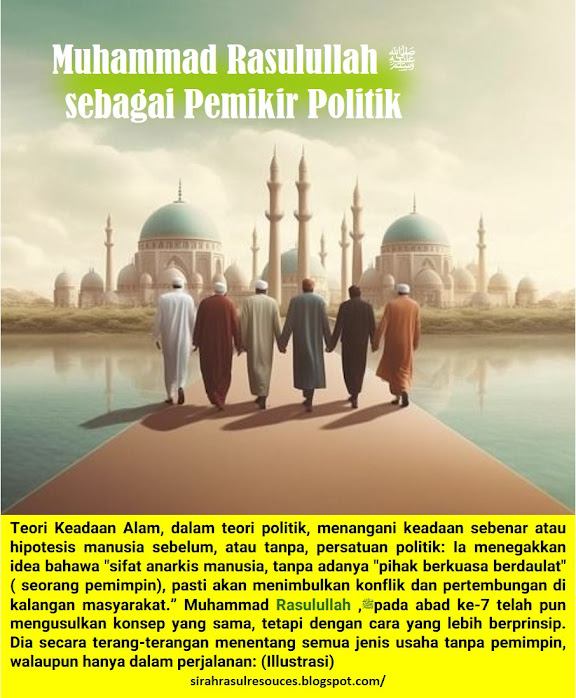TAIF, for centuries, had been a fertile land for agriculture. Its people had treaties with the Makkans and other surroundings Arabs out of fear of occupation. The Prophet (صلى الله عليه وسلم), along with Zaid bin Haritha, undertook the mountainous journey on foot. This was, as explained, not to arouse any suspicion that Muhammad (صلى الله عليه وسلم) was leaving Makkah.
When he reached Taif, Muhammad (صلى الله عليه وسلم) went directly to the leaders and explained to them the message of Islam. The leaders not only rejected it, but they also ridiculed the Messenger and displayed horrible manners. As was the manner of the Prophet, he did not respond to foolish behavior. He got up to leave while telling them to at least keep his visit a secret. The leaders of Taif did the opposite. They also set their young boys to chase the visitors with stones.
The pelting stones left the Prophet’s heels soaked with blood, as he and Zaid entered a garden to escape the chasing mob. The Prophet(صلى الله عليه وسلم) took rest under a tree. And it was at this time that he made the heartfelt du’a to his Lord:
“O Allah, to you, do I complain of the weakening of my strength, of my few options, of the way people humiliate me, O Most Merciful of the merciful ones. You are the Lord of the weak ones, and You are my Lord. To whom will You entrust me? To a distant (stranger) who will show me an unwelcoming face, or to an enemy, whom You have given control over my situation? If You are not angry with me, then I do not mind, though safety from You is easier for me. I seek refuge with the Light of Your Face, which brings light to darkness, and upon which the affairs of the world and the Hereafter become right – from Your anger descending upon me, or Your displeasure befalling me. I will continue to seek Your Pleasure until You become pleased (with me). And there is neither might nor power except with You.”
He was clearly anguished and tensed by the tough situation he was going through. Among all the difficulties he traversed through in this mission, the day of Taif was the heaviest on him, as he once recalled later in his life. But despite what he faced, it was not really problems that concerned him. What mattered to him was the pleasure of his Lord. “If You are not angry with me, then I do not mind…”
No sooner than he finished his supplication that Allah responded and sent angel Jibreel along with the angel of mountains. The angel was at his command to crush the people between the mountains. His people had rejected and harmed the Messenger of God, not any trivial deed to do. But the Prophet of Mercy instead prayed and hoped the progeny of those people would embrace Islam.
THE garden belonged to two Makkan notables – Utbah and Shaibah bin Rabee’ah – who were watching the cruel episode from behind. Pitying the plight, they instruct their Christian slave Addas to take a tray of dates to the Messenger (صلى الله عليه وسلم). The Prophet (صلى الله عليه وسلم) says Bismillah (In the name of Allah) and eats. Addas is surprised. “The people of these lands don’t say these words?” he asks.
“And where are you from and what is your religion?” the Prophet questions.
“I am a Christian from Ninawa (Iraq),” replies Addas.
“From the town of the righteous man, Younus bin Mattah (Jonah),” says the Prophet.
Addas bursts out in excitement: “And what makes you know about Younus bin Mattah?”
“He is my brother. He was a Prophet, and so am I,” is the reply.
Addas kisses his forehead, hands and feet while his two masters stare in disbelief. When reprimanded by his masters, Addas replies,
“O my masters, there is nothing on earth that is better than he is; he has indeed informed me about a matter that none know about except for a Prophet.”
What an irony! His own people reject him, while a foreigner acknowledges him.
Muhammad (صلى الله عليه وسلم) now had no choice but to return back to Makkah, which would be life-threatening. The Quraish (leaders of Makkah) had learned about his apparent failure and thought it was the defeat of the Messenger of Allah.
“How can you enter (Makkah) when they have forced you to leave? And you went out seeking help, but you were not helped?” Zaid worriedly asks.
The Prophet (صلى الله عليه وسلم) replies, “O Zaid, indeed Allah will provide relief and a way out from (the situation) you see (right now). And indeed Allah will support and help His Religion, and will grant victory to His Prophet.”
Having no idea what the future had in store for him (yet having full trust in the Almighty whose messenger he was), he retires to Cave Hira before entering Makkah. From there he sends messenger after messenger to leaders of one tribe after another, seeking their protection, for if one tribe offered protection, others wouldn’t dare harm him. Such were the customs of society those days.
Every leader reject his request, except for Mut’im bin ‘Adee of Banu Naufal, who agrees. He enters Makkah while the children of Banu Naufal surround him with weapons offering protection. He heads to the Ka’bah offers Tawaf and none of the Makkans dare to come near him.
Surely this year was the lowest point in his mission. Year of Grief, it was titled. Despite the extraordinary hardships he faced in his mission, Allah always delivered him through them. The mission was challenged but was never setback. Hardships are not necessarily a bad thing. Adversity nurtures and develops people. The hardest tests are faced by those who are the most beloved to Allah.
Humiliated, his people might have thought he was. Proud, they must have felt by his state of weakness. Yet they had no moral courage or inner strength to stand and compete with the impeccable perfection of a man they saw before themselves.
Allah did not forsake His Messenger. Indeed, within the next decade, the man who was ridiculed, rejected and eventually forced to migrate became the unchallenged leader of Arabia – Makkah and Taif both under his control. The people did eventually embrace Islam.
It does not take time for tables to turn, for situations to change, for indeed Allah can change one’s state – from power to disgrace – in no time. It does not then befit the insignificant human being to be deluded by temporary power and act in arrogance and disobedience to the Lord of the Universe. While those leaders chose tyranny and oppression when they had power, Muhammad (صلى الله عليه وسلم) chose forgiveness, mercy, and justice when he gained power.
That we remain a people completely ignorant about this man who was the greatest creation that creation has ever witnessed, who brought in a span of only 23 years the utmost reform the world has ever seen, and whose message continues to enlighten and transform societies… that we remain unaware of this personality is a loss that cannot be described in words or measured on any scale.
Read his biography. And no, it is not incidental that there exists no persona – absolutely no one – whose life has been preserved as minutely and as accurately as that of our beloved Prophet, Muhammad(peace be upon him).
اللهم صلى وسلم وبارك على حبيبنا محمد وعلى اله وصحبه اجمعين
__This article is written by an anonymous writer: May Allah reward him with the best__
.jpg)



%20and%20minaret,%20Great%20Mosque%20of%20Kairouan,%20Tunisia%20c.%20836-.jpg)
Comments
Post a Comment